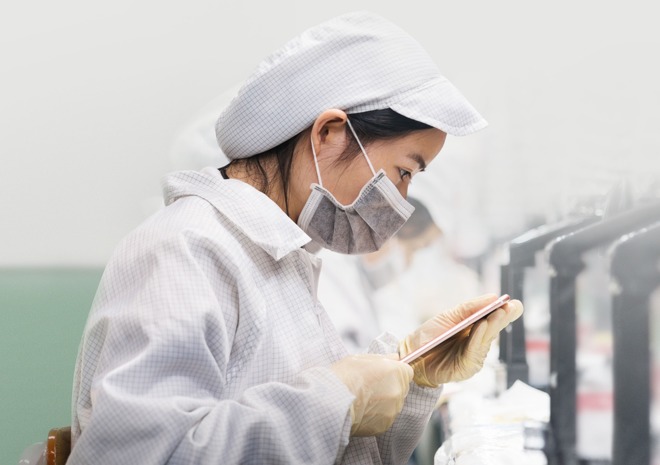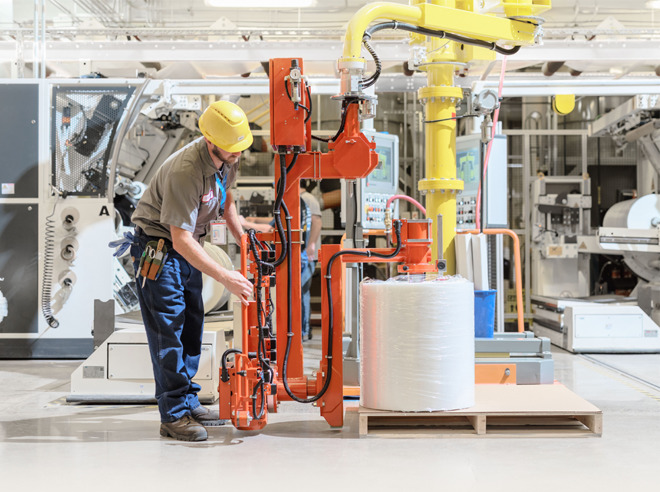The welfare of workers employed by Apple's partners is continuing to improve, according to the iPhone producer's latest annual Supplier Responsibility Report, with the firms audited also found to be following its lead in becoming more environmentally friendly with their production processes.

In the eleventh installment of the report, Apple audited a total of 705 suppliers, up from 640 audits conducted in 2015, and the 633 audits in 2014. The number of suppliers complying with Apple's 60-hour workweek has reached 98 percent, up from the 97 percent recorded in 2015, and an all-time high for Apple since it started publishing the report.
Workers' Rights Training, a program that has educated workers on local laws, health and safety regulations, and the Apple Code of Conduct, continues to operate, with more than 2.4 million participants taking part in the scheme in 2016. While this is still a significant number, this marks a reduction down towards 2014's participation level of 2.3 million, down from 3.05 million reported for 2015.
The Supplier Employee Education and Development (SEED) program, which provides free courses in computer skills, graphic design, and other subjects, is continuing to see high enrollment numbers, with over 2 million participants in the program since it commenced in 2008. For 2015, this figure reached 1.4 million.

Apple's Energy Efficiency program now has three times as many participating suppliers as it did last year, helping reduce carbon emissions by over 150,000 metric tons. This is said by Apple to be the equivalent environmental impact as taking 31,000 cars off the road for a year.
Over 200,000 metric tons of waste were diverted from landfills in 2016, with Apple suppliers achieving 100 percent UL Zero Waste to Landfill validation for all final assembly sites in China for the first time. Apple's Clean Water program has cumulatively saved over 3.8 billion gallons of water since 2013, which is enough to provide the entire world's population with 18 glasses of water.
As part of it's responsible sourcing efforts, Apple notes all of its smelters and refiners of tin, tungsten, tantalum, and gold are participating in independent third-party audits for the second year in a row. Apple is also working with NGOs to make a positive impact in areas surrounding some of its partner's operations, including programs to provide health and safety training, artisanal mining, and to help keep children in school.